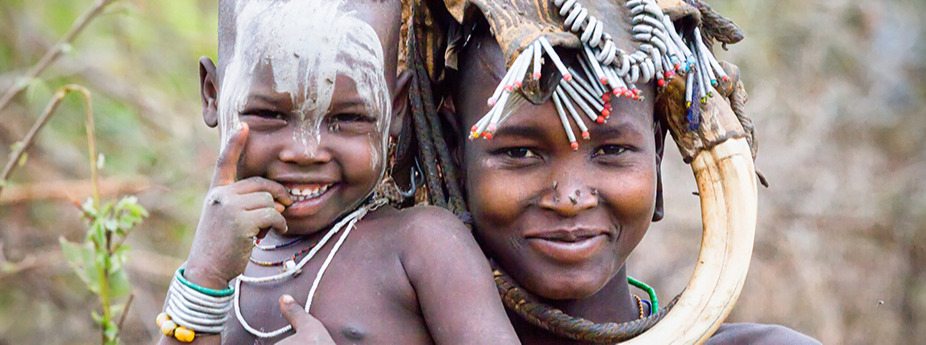
Governmental neglect is one of the main challenges facing indigenous peoples in the context of the pandemic. | Photo: UN
United Nations, August 9 (RHC)-- Officially called "International Day of Indigenous Peoples," August 9th commemorates the 1982 meeting of the Working Group on the Multiple Populations of Indigenous Peoples of the UN Sub-Commission on Prevention of Discrimination and Protection of Minorities.
The day aims to highlight the importance of indigenous communities for the international community and for each country in particular, taking into account the cultural wealth provided by the more than 5,000 indigenous peoples living in some 90 countries around the world, with more than 370 million members.
In 2021, it is important to know what is the situation of indigenous peoples in Latin America and the Caribbean in the context of the pandemic and what challenges they face.
The senior advisor of the Indigenous Council of Peru, Benito Calixto Guzmán, the director of international affairs of the National Institute of Indigenous Peoples of Mexico (Inpi), Saúl Vicente Vázquez, and the member of the Indigenous Youth Network of Brazil, Rayanne Máximo, coincided in identifying the lack of attention from governments at the neuralgic point of the problems faced by indigenous peoples in the region.
Widespread governmental neglect in Latin America and the Caribbean increases social and economic inequalities and discrimination, which in turn constitute the historical heritage of the native peoples in the area.
Faced with this reality, indigenous communities in Latin America and the Caribbean face life in regions that are difficult to access and often inaccessible, with scarce and, in many cases, non-existent health coverage.
They are also affected by the exploitation of their lands and natural resources, deforestation and pollution, and are experiencing an increase in cases of violence in their territories, such as murders of indigenous human rights defenders, with a high incidence in countries such as Colombia and Brazil.
According to Calixto Guzmán, Vicente Vázquez and Rayanne Máximo, the Covid-19 pandemic has fundamentally highlighted the lack of medical personnel and health units that afflict Latin America's indigenous peoples. They agreed that lethality rates are on the rise, emphasizing the cases of Brazil, Mexico and Peru as the most affected.
On the other hand, the technical secretary of the Fund for the Development of Indigenous Peoples of Latin America and the Caribbean (Filac), Álvaro Pop, recently expressed: "It is urgent that the States guarantee the full and effective participation of indigenous peoples in the National Action Plans to coordinate local and national work with consultation processes to prevent the impact of the post-pandemic on indigenous communities".
The implementation of dissemination and prevention campaigns in different indigenous languages, the creation of Case Monitoring Systems, the closing of borders and the search for financial support to guarantee food and medical supplies, are among the actions that indigenous peoples have developed, at the community level, to face the pandemic.

